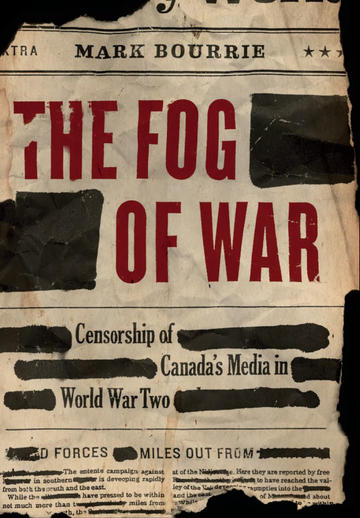About BC Books Online
BC Books Online was created for anyone interested in BC-published books, and with librarians especially in mind. We'd like to make it easy for library staff to learn about books from BC publishers - both new releases and backlist titles - so you can inform your patrons and keep your collections up to date.
Our site features print books and ebooks - both new releases and backlist titles - all of which are available to order through regular trade channels. Browse our subject categories to find books of interest or create and export lists by category to cross-reference with your library's current collection.
A quick tip: When reviewing the "Browse by Category" listings, please note that these are based on standardized BISAC Subject Codes supplied by the books' publishers. You will find additional selections, grouped by theme or region, in our "BC Reading Lists."
Wartime secrets and the men charged with manipulating Canadian public opinion are unveiled for the first time in this riveting account of media censorship by the government during World War II.
The Canadian government censored the news during World War II for two main reasons: to keep military and economic secrets out of enemy hands and to prevent civilian morale from breaking down. But in those tumultuous times -- with Nazi spies landing on our shores by raft, U-boat attacks in the St. Lawrence, army mutinies in British Columbia, and Ontario and pro-Hitler propaganda in the mainstream Quebec press -- censors had a hard time keeping news events contained.
Now, with freshly unsealed World War II press-censor files, many of the undocumented events that occurred in wartime Canada are finally revealed. In Mark Bourrie's illuminating and well-researched account, we learn about the capture of a Nazi spy-turned-double agent, the Japanese-Canadian editor who would one day help develop Canada's medicare system, the curious chiropractor from Saskatchewan who spilled atomic bomb secrets to a roomful of people and the use of censorship to stop balloon bomb attacks from Japan. The Fog of War investigates the realities of media censorship through the experiences of those deputized to act on the public's behalf.



